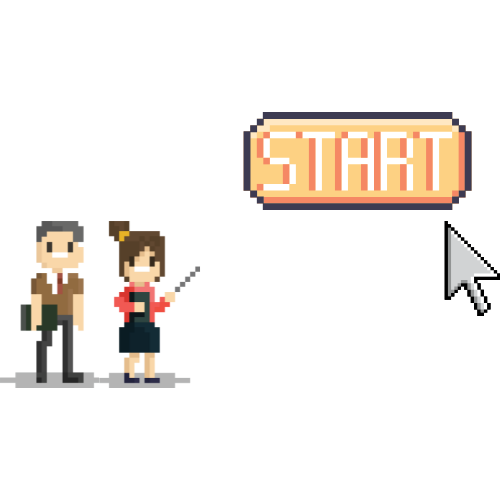So here's the thing. When we initially setup Strategy Quest, we thought teams would learn about portfolio management, maybe pick up some stakeholder navigation skills. Standard innovation stuff, right?
But what actually happened? We accidentally created a masterclass in antifragility. You know... that thing where you don't just survive chaos, you actually get stronger from it.
Let me tell you what went down.
The 70% Rule Nobody Talks About
Picture this: Team Apollo sits down, maps out this beautiful strategy. "We'll need 13 people to pull this off," they say.
They get 8.
Now, most innovation playbooks? They assume you'll have what you need. But reality? Reality just laughs at those playbooks.
Here's where it gets wild though. The teams that planned for running at 70% capacity didn't just scrape by, they crushed it. Team Athena saw this coming. They knew they'd never have enough people, so when they needed skills they couldn't hire, they went shopping. Dropped €10M on acquisitions during the absolute worst time. Everyone thought they were crazy.
Six weeks later? They'd solved problems their competitors would spend years trying to crack internally.
The lesson hit everyone like a ton of bricks: Stop planning for the team you want. Plan for the team you've got. Then knock 30% off that.
Your Best Ideas Need to Die (And That's Okay)
Let me tell you about Team Janus and their mood-sensing sofa.
This thing was peak innovation. AI that could detect your emotions and adjust the cushions accordingly. The future of furniture! Except... (synthetic) customers found it creepy as hell. So Janus killed it. Fast. No drama, no "but we spent so much time on it." Just dead.
They ended up killing 40-50% of their projects. And you know what? That wasn't failure. That was them being smart.
Meanwhile, Team Fortuna launches an open innovation initiative and receive—get this—500+ ideas. Five hundred! They use their AI team like a bouncer at an exclusive club, filtering down to just 3 ideas worth pursuing. While everyone else is spreading peanut butter thin, they're going all-in on their bets.
Turns out there's this counterintuitive thing: The teams that succeeded? They were killing machines. Not launching machines.
The Integration Tax That'll Kill You
This one hurt to watch. Team Apollo shells out €750K to our fictitious McKinsey for this gorgeous smart furniture strategy. I'm talking insights that would make you weep with joy. Brilliant stuff.
It sat on a shelf. Untouched.
Why? Because everyone was too busy firefighting to actually, implement other things.
We crunched the numbers across all teams and found this brutal truth: for every million euros you spend on innovation, you need 2-3 people whose only job is making sure that innovation actually connects to your business. Not creating new stuff. Just playing organizational Tetris.
It's like buying a Ferrari but forgetting you need to pay for insurance, gas, and someone who knows how to drive stick. Most companies? They forget about everything except the Ferrari.
Playing the Long Game with Regulations
This one's sneaky brilliant. Team Fortuna builds their furniture subscription to (future and fictitous) Denmark's environmental standards. If you know anything about Danish regulations set in the future, you know they're absolutely bonkers strict. Fortuna's competitors? They're optimizing for easy markets, laughing at the team for overengineering.
Fast forward to the EU Circular Economy Mandate. 40% penalties for non-compliance. Guess who's already compliant? Guess who's scrambling?
This was chess while everyone else played checkers. They built to tomorrow's standards while everyone else optimized for yesterday's.
The Real Lesson Here
Look, the winning teams? They didn't have a crystal ball. They didn't predict the future better than anyone else.
They just built organizations that could take a punch and punch back harder.
They killed projects without getting emotional about it. They bought capabilities when building would take too long. They turned regulations into moats. Every crisis became a chance to grab market share.
One participant nailed it: "Success comes from building systems that get stronger under stress, not from predicting the future."
That's not just true in our simulation. That's true out here in the real world, where the chaos is real and the stakes actually matter.
Think you've got what it takes to build an antifragile innovation system? Strategy Quest Series Two kicks off September 18th. Because let's be honest: in today's world, if you can't thrive in chaos, you're just waiting to become someone else's opportunity.


